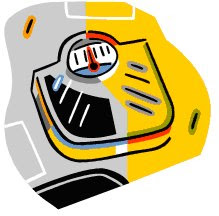
The 2008 Family Connection 'Of Hopes and Dreams' Conference, expanded to two days of workshops, will be held on February 22 and 23 at the Brookland Banquet and Conference Center in West Columbia, South Carolina. The theme of this year's conference is "Pulling Together... It Works Wonders!"
The 'Of Hopes and Dreams' Conference brings parents and professionals together to learn about issues and topics concerning those who raise children with special needs.
This year's conference will also feature a family night social on Friday night at EdVenture Children's Museum. The family night social is a great opportunity for families to meet, greet, and enjoy fun, food, and EdVenture Children's Museum. You do not need to be registered for the conference in order to attend the family night social.
Friday's conference offers three workshop options, and Saturday's conference offers 19 workshops.
This year's keynote speaker is Dr. Mark Posey, associate professor of clinical pediatrics in the department of developmental pediatrics in the University of South Carolina School of Medicine. A licensed and certified school psychologist, Mark has 12 years of experience in the public school system working with all areas of special needs, including parents of children with special needs.
To register for this year's conference, please call (800) 578-8750 or complete the registration form at http://familyconnectionsc.org/programs/annual_conference/ and mail to Family Connection, 2712 Middleburg Drive, Suite 103B, Columbia, SC 29204.














